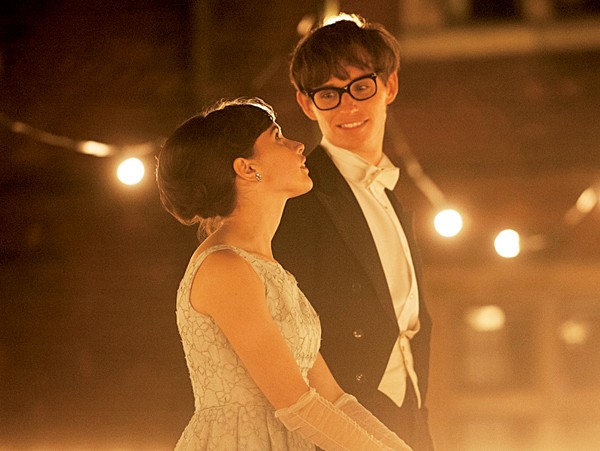It’s time for the annual ritual of complaining about the Oscar nominations, and I’m here to help. Or at least, throw fuel on the fire.
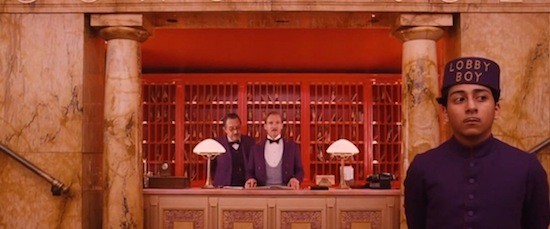
The Grand Budapest Hotel
2014 was a great year for movies. The two frontrunners, Birdman and Boyhood, both of which have nine nominations, are great movies, but to my mind, the Best Picture category is wide open. The Grand Budapest Hotel and Selma are both equal to the two frontrunners, and since Clint Eastwood has been an increasingly inexplicable perineal Oscar favorite in the twenty-first century, American Sniper could be a surprise winner. If you held a gun to my head, I would probably go with The Grand Budapest Hotel as best picture from the choices given, but I would be happy with any of the top four.
[jump]

Boyhood
To me, the Best Director category is clear: Richard Linklater’s Boyhood is an unprecedented directorial achievement. Movies can be derailed by tiny choices early in the production, and since Linklater’s Boyhood shoot stretched over 12 years, he had plenty of opportunity to mess up, but turned instead a perfect movie. The biggest omission from the Best Director category is Ava DuVernay for Selma, which is just inexcusable, especially when Bennett Miller is nominated for the mediocre morass that is Foxcatcher.
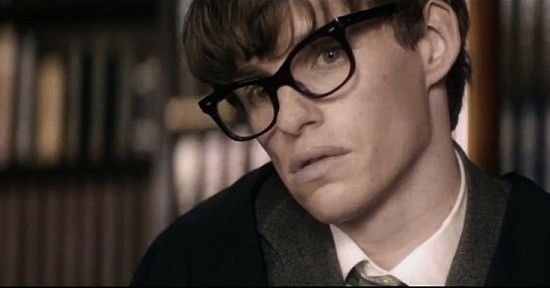
Eddie Redmayne as Stephen Hawking in The Theory Of Everything
The Best Actor category also has two inexcusable snubs: First is John Lithgow’s career high performance in Ira Sach’s Love Is Strange. I think Love Is Strange should have been in the running for all of the top-line awards, but Lithgow, Alfred Molina, and Marissa Tormei’s performances in the film were simply unequalled this year. The second, and perhaps more glaring, snub is David Oyelowo, who is exceptional in a really difficult role as Martin Luther King, Jr. in Selma. Steve Carrel’s name recognition got him a nomination, but his performance in Foxcatcher is a one-note disappointment. Among the nominees, I’ll take Eddie Remayne’s perfectly calibrated, physically demanding turn as Stephen Hawking in The Theory Of Everything.
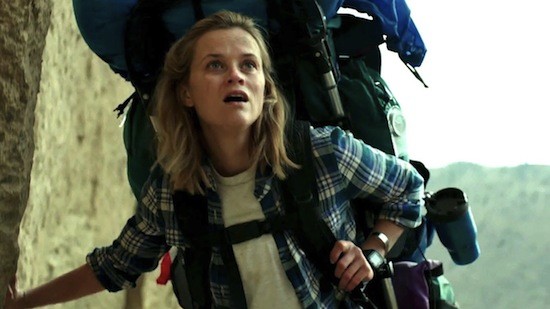
Reese Witherspoon in Wild
Without Tormei in the Leading Actress category, it’s going to come down to between Reese Witherspoon in Wild and Rosamund Pike in Gone Girl. Both are fine performances, but I’ll have to go with the empathetic naturalism of Witherspoon.

Michael Keaton and Ed Norton in Birdman
My knee-jerk pick in the Actor in a Supporting Role is Ethan Hawke in Boyhood, but all of the nominees seem strong. Mark Ruffalo was the best thing about Foxcatcher, and if you watched the trailers for Whiplash, J.K. Simmons seemed like the lead actor, so he’s got a good shot. And don’t count out Ed Norton if a Birdman wave builds.
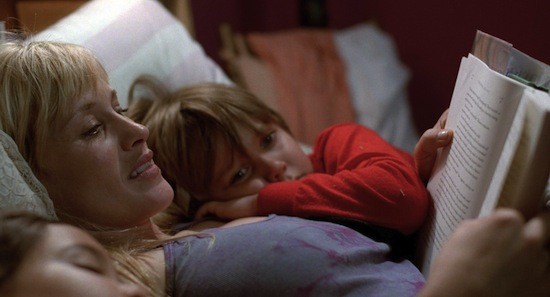
Patricia Arquette in Boyhood
Suporting Actress, however, should be a runaway for Patricia Arquette, who lays it all out there in Boyhood. Emma Stone greatly exceeded my expectations for her in Birdman, but this is Arquette’s trophy.
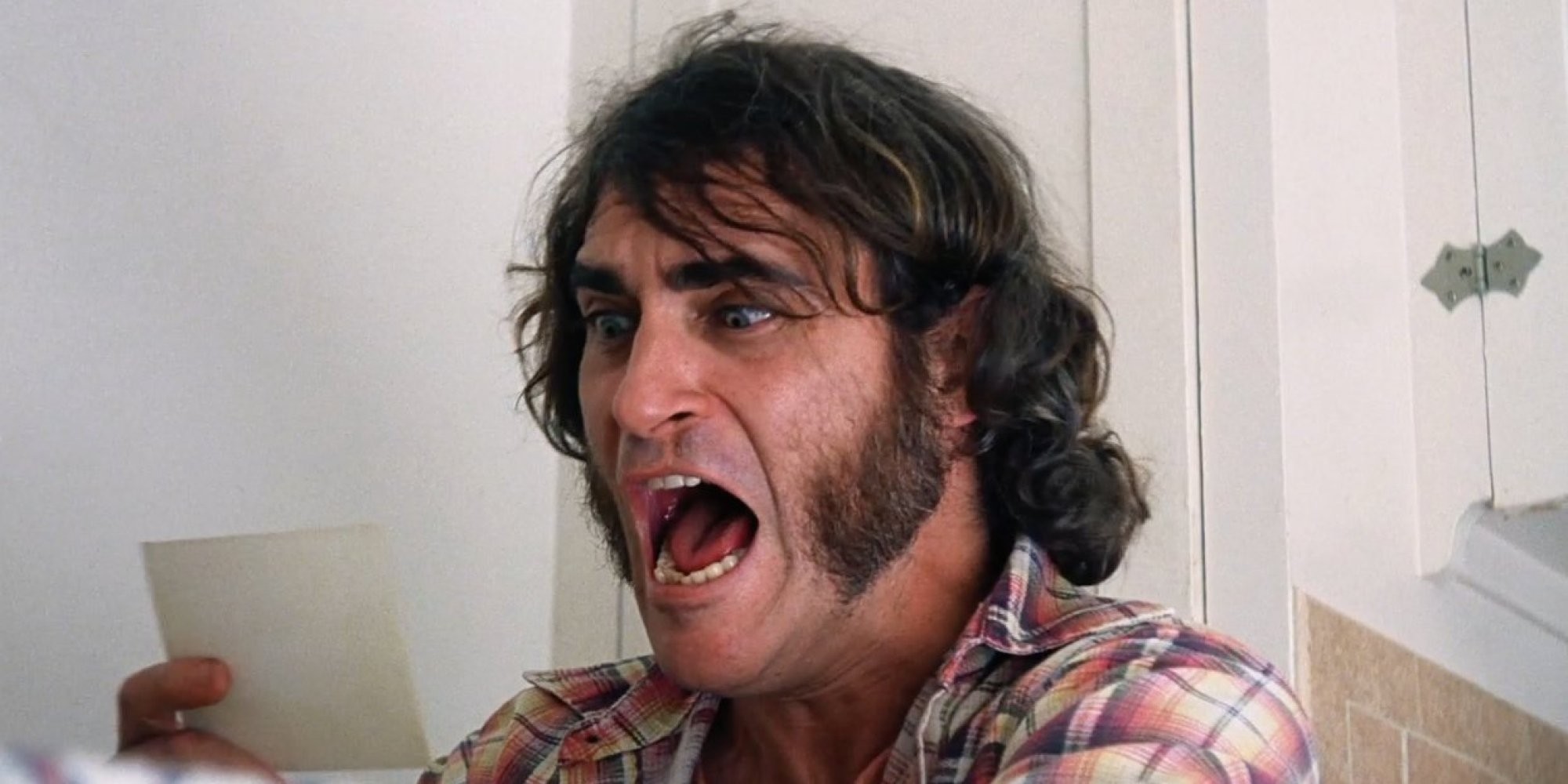
Inherent Vice
The screenplay categories are also pretty clear for me. Original Screenplay should go to The Grand Budapest Hotel, which is as tight and original piece of screenwriting as Wes Anderson has ever done. My Adapted Screenplay pick is Inherent Vice for pulling off the seemingly impossible task of adapting Thomas Pynchon’s prose. But it probably won’t win, because it has divided audiences so much, so this category is wide open. I wouldn’t be surprised if American Sniper got it, because the book it was based on has been extremely popular. I was surprised that Gone Girl didn’t get nominated, but the category is admittedly pretty stacked.
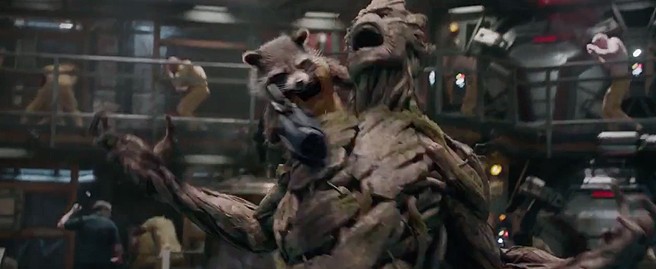
Guardians Of The Galaxy
I was stunned to see The Lego Movie snubbed in the Animated Feature category, but directors Phil Lord and Christopher Miller should console themselves by rolling around in their giant piles of money. In the Editing category, Boyhood is the clear winner for the effortlessly clear and inventive way it strung together 12 years of one boy’s life. The visual effects category, however, is wide open. My pick is the photorealistic Dawn Of The Planet Of The Apes, but Guardians of the Galaxy and Interstellar are both very strong contenders, and Magneto lifting RFK Stadium with his mind in X-Men: Days Of Future Past is among the year’s indelible images.
In sum, the Oscars have given us lots of stuff to argue about this year—which is pretty much their function, right?
